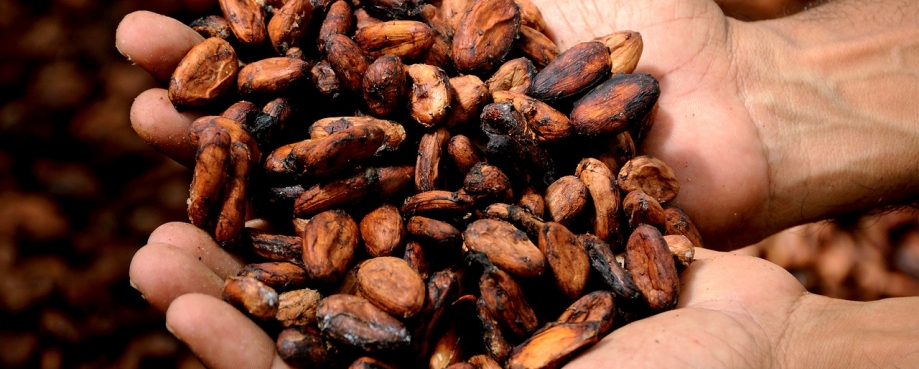
On the back of the Covid-19 global pandemic, Nestlé have informed their Fairtrade farmers supplying cocoa and sugar for KitKat that from October 2020 this will no longer be on Fairtrade terms.
Future purchases of sugar and of cocoa will be under Nestlé’s cocoa sustainability programme, Cocoa Plan, using Rainforest Alliance (RA) certification and not the Fairtrade standard and terms.
For Sugar farmers: £583,000 in premium payments to sugar farmers and the price guarantee have been lost.
For Cocoa farmers: £1.37m in Fairtrade premium payments and the price guarantee have been lost. This will be partially replaced by the RA / Nestle offer through a combination of a lower premium and some project funding commitments.
What does this mean for farmers affected?
There is no equivalent to the Fairtrade minimum price under RA certification, so the price security built up to protect farmers from poverty will be lost. The guaranteed minimum price and Fairtrade Premium paid to farmer Co-operatives offered security.
Nestle have announced publicly that they will invest ‘in a series of initiatives to support farmers and communities, including £1 million to improve incomes and a further £500,000 on community projects’ over two years. It is not clear how that will be delivered, whether it will go directly to farmers’ co-operatives and the amount of control they will have over how they spend that money. This is a fundamental power shift away from farmers and back to Nestle. When is it a good idea for vulnerable suppliers to have their independence removed and replaced by a system of dependency?
What did the farmers do wrong in Nestle’s eyes? Or was this a simple commercial decision to cut costs and simplify a business supply chain operation? I assume here that it is this latter reason of commercial expedience and not because the farmers are in the wrong – or because they asked for this.
So, what process was followed to implement this quite radical change? ETI advocates processes of consultation and negotiation that respect the rights and the vulnerabilities of those involved – particularly given the power imbalances that usually prevail. Atse Ossey Francis, Chairman of the Board of Directors of the Ivorian Fair Trade Network, expressed serious concerns about this move and asked Nestlé to remain Fairtrade. ETI would also ask whether the consultation process was indeed a fair negotiation and whether the decision-making process did respect the arguments of others beyond Nestle itself.
In effect, Nestle is asking all these Cocoa farmers to simply trust them, as the new agreement - which seems to be being imposed - does not unequivocally guarantee that the new deal will offer farmers an equivalent value to the Fairtrade deal before. Certainty is being replaced with uncertainty by Nestle – exactly what Fairtrade was there to safeguard. So how is this “Building Back Better”?
We hope to hear from Nestle exactly how their new Cocoa Plan will match or improve on the deal that farmers previously had. And let’s not forget that these same farmers are still among the poorest and most vulnerable workers in the supply chain and in their local communities and this change will hit them at a most vulnerable – Covid-19 - time. So finally to consumers we would ask, “Is your Kitkat after October 2020 going to be just as sweet as before, when it was Fairtrade?” Please do let Nestle know……
FAQs and further detailed information about the new arrangements and how they compare to Fairtrade can be found on the Fairtrade website
